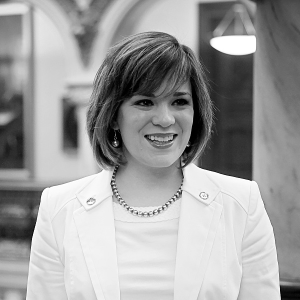March 21, 2016
Whether you don't have a personal budget and find yourself at the end of the month not having anything left over to save for a rainy day or you always have enough for a rainy day but never crafted a budget; you absolutely should.
While it might seem like a chore to build a budget and track all your accounts and purchases, you could be taking unnecessary chances with your standard of living if you don't know where your money is going each month.
The following tips will help you get a handle on the process:
1: Tally Expenses
Next, divide your monthly spending into two categories: necessities, such as rent, groceries, and utilities; and discretionary costs, such as entertainment and shopping.
Finally, total up your monthly income, including paychecks, investment proceeds, and any other earnings. Then subtract your monthly expenses from this figure. If you've got money left over, good job. If you're in the red, proceed directly to the next step.
2: Adjust Spending- if needed
Categorizing your monthly expenses may lead you to rethink your spending habits. For example, you may find that frequent restaurant dinners are siphoning off hundreds of dollars from your end-of-month balance.
Purchases aren't the only place to look for savings. Review the interest rates on each of your credit cards and, if possible, transfer balances to lower-rate accounts. Likewise, refinancing your mortgage to take advantage of low interest rates may save you hundreds of dollars a month. Work with an advisor to ensure you are making the most suitable decision if you are considering refinancing.
3: Establish a Safety Net
An unexpected medical bill or house repair can quickly throw a wrench into a budgeting plan. Prepare for these unforeseen setbacks by building an emergency fund large enough to cover living expenses for three to six months. This can help buffer your finances if a catastrophe strikes. Work with your advisor to review your budget to see how much you can comfortably allot to an emergency fund each month.
4: Pay Your Self First
Once you have a savings target, set up automatic transfers from your paycheck to your savings account -- and make sure you don't dip into those funds to pay for a dinner out or a spontaneous weekend getaway.
No matter how good or bad you feel about your budget, the work you do now to build a sustainable budget will likely pay dividends. You'll manage your day-to-day finances better and free up financial resources to pursue long-term goals such as retiring comfortably or helping fund a child's education. Ultimately you will help to empower yourself to live the one life you have the way you wish to live it.
Caroline Hill, Financial Advisor
(This article contains the current opinions of the author but not necessarily those of Brighton Securities Corp. The author's opinions are subject to change without notice. This blog post is for informational purposes only. Forecasts, estimates, and certain information contained herein should not be considered as investment advice or a recommendation of any particular security, strategy or investment product. References to specific securities and their issuers are for illustrative purposes only and are not intended and should not be interpreted as recommendations to purchase or sell such securities).

